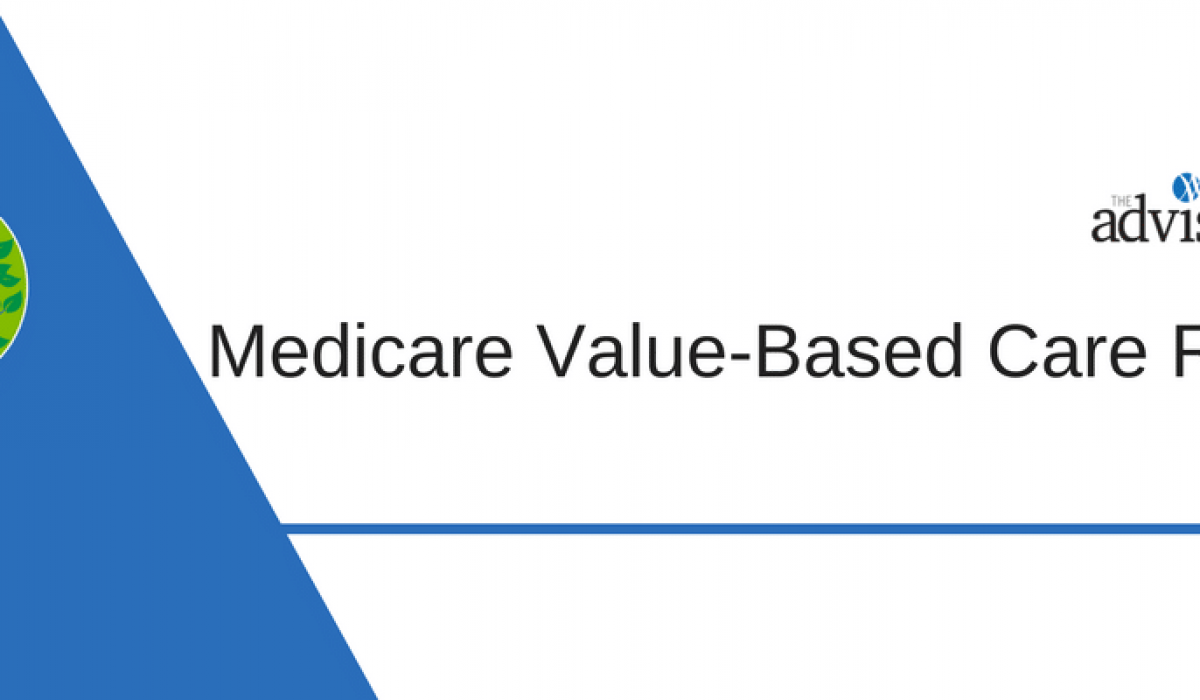Medicare Value-Based Care Reform: Will your clinicians lose out on Medicare reimbursement?
On January 2, 2018, CMS opened reporting for the first year of the Quality Payment Program (QPP). This program penalizes clinicians who fail to meet minimum program performance standards up to 4% of their Medicare Part B reimbursement, while granting others Medicare payment bonuses of up to 8% above their standard reimbursement.
The QPP is part of a CMS transition away from fee-for-service reimbursement towards a value-based payment model. While it will be easy to submit data on 2017 performance in order to avoid negative adjustments, each year CMS will be requiring that providers take on additional risk as part of the program, whether through the merit-based incentive payment system (MIPS) or through alternative payment models (APMs).
Starting in 2018, CMS will now be using data from your Medicare claims to assess a “cost score” to your providers. CMS is assessing your clinicians through cost measures based on five steps:
· Defining an episode group
· Assigning costs to the episode group
· Attributing the episode group to one or more responsible clinicians
· Risk adjusting your episode group resources
· Aligning episode group costs with indicators of quality
In order to have more control over their assessment and greater potential for a Medicare reimbursement bonus, some provider groups are accelerating their transition to “Advanced Alternative Payment Models”. These programs, including certain tracks of the Medicare Shared Savings Program, reward clinicians for better outcomes and more cost-effective care. As private payors seek to transition to value-based payment models as well, some organizations are using the QPP as a pilot program for more comprehensive population health initiatives as well. To learn more fill out our electronic form or to determine if your clinicians are prepared for their QPP reporting, give us a call at 708-478-7030.





